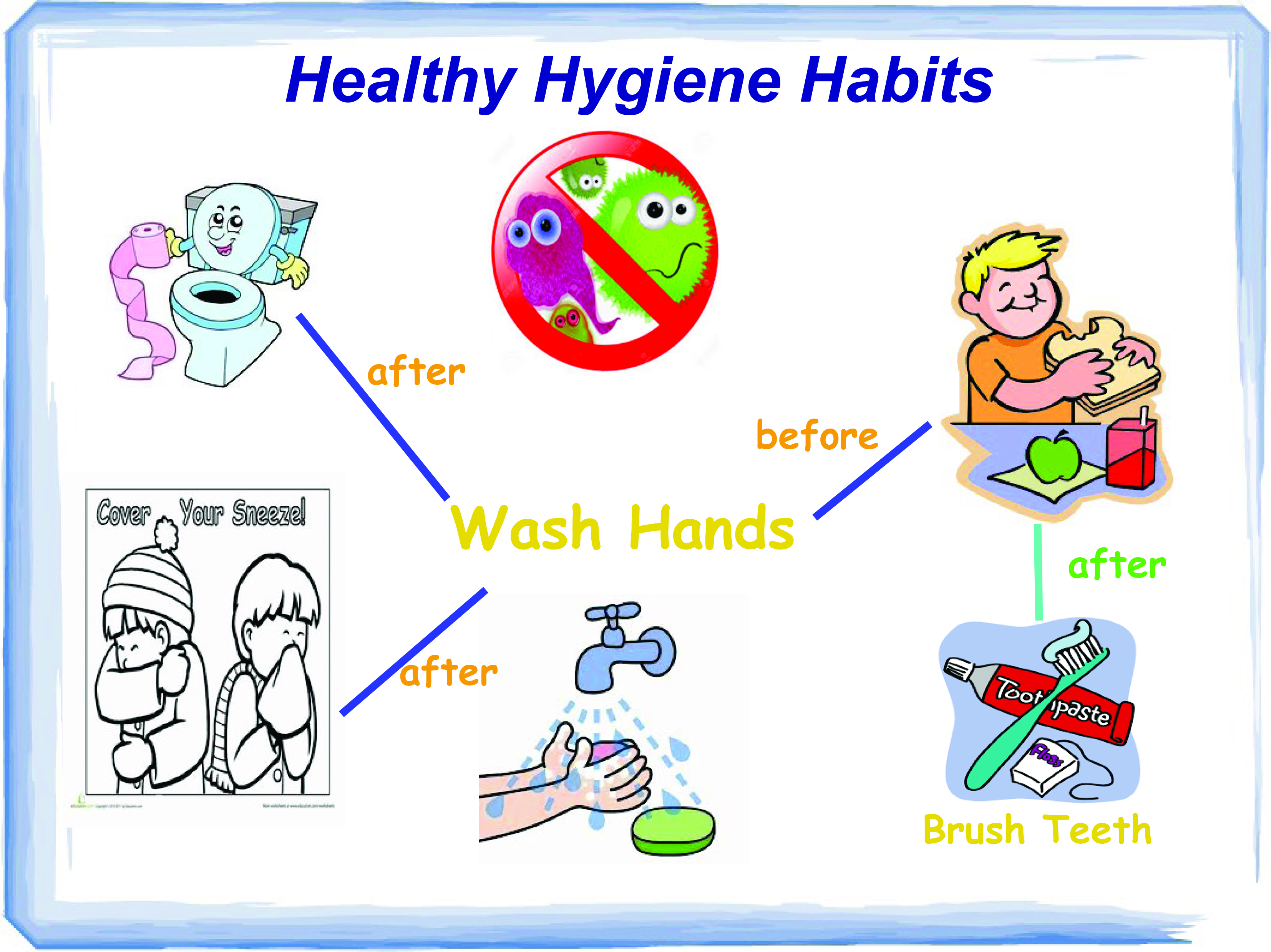"Maintaining a Healthy Lifestyle: Personal Hygiene Practices"
Personal health hygiene is a course that focuses on the practices and habits that individuals can adopt to maintain their physical, mental, and emotional well-being. This course covers a wide range of topics, including proper handwashing techniques, dental care, nutrition, exercise, stress management, and disease prevention. Students will learn about the importance of maintaining a clean and healthy environment, as well as the impact of personal hygiene on overall health. Through interactive activities and discussions, students will develop practical skills and knowledge to make informed decisions about their personal health and hygiene. This course aims to empower individuals to take control of their own health and lead a happy and fulfilling life.
English
Last updated
Thu, 02-May-2024





